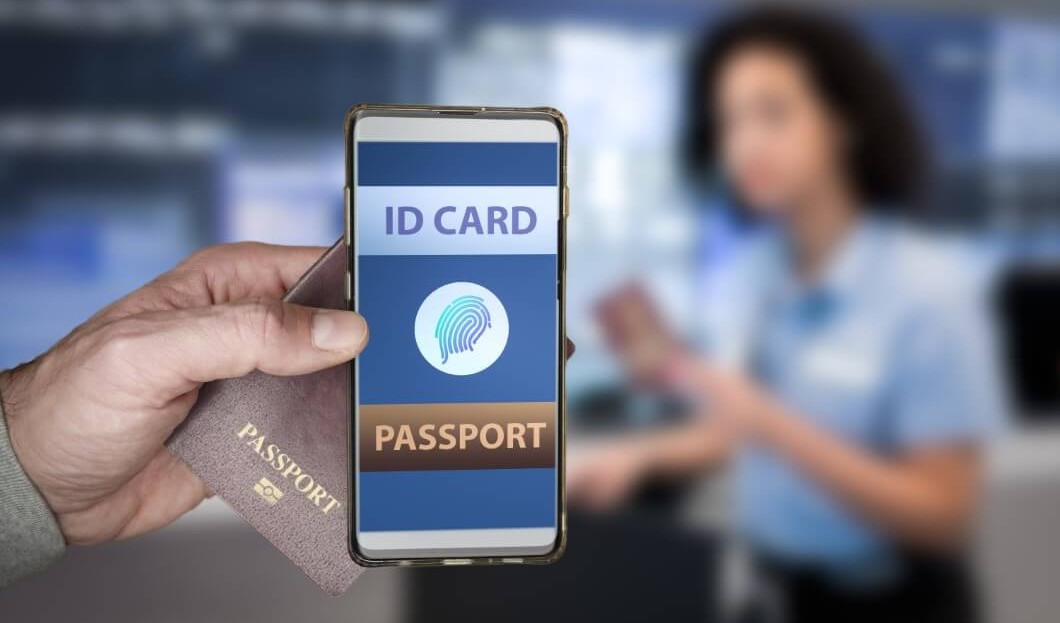
IATA SEES GROWING DEMAND FOR A DIGITAL TRAVEL DOCUMENT
The International Air Transport Association (IATA) released the latest global passenger survey, revealing that travelers prioritize speed and convenience. The findings also showed that travelers increasingly adopt biometrics and off-airport processes to achieve these priorities. The IATA sees these results as evidence of the need for a more streamlined process for travelers to book airfare, navigate airports, and travel more easily and securely—through biometrics and a digital travel document.
According to Nick Careen, IATA’s Senior Vice President for Operations, Safety, and Security, passengers have expressed their desire to spend less time booking and to move through the airport more quickly. To achieve this, they are increasingly willing to use biometric data to complete more pre-departure tasks at the airport.
The British Airways flight from London’s Heathrow Airport to Rome’s Fiumicino Airport aimed to demonstrate the potential of using biometric identification with integrated digital travel documents. Creating an entirely digital and secure travel experience is the goal. However, linking each journey stage with biometric identification has been challenging. The airline’s Chief Customer Officer, Sarah Careen, stated that the demonstration proved that it is possible to connect these steps, which will simplify travel in the future. She also mentioned that this advancement will open new possibilities for hassle-free journeys.
Based on a passenger survey that received more than 8,000 responses from over 200 countries, passengers are willing to use biometric data over traditional passports and boarding passes. Three-quarters of the respondents preferred biometric data, and nearly 9 out of 10 indicated they would share their relevant immigration information to speed up the airport arrival process. According to Careen, passengers want technology to work harder to spend less time standing in queues and being processed. They are willing to use biometric data if it reduces their processing time. However, cooperation across the value chain and with governments is required to make it happen with the secure technology currently available.
IATA is pushing for its One ID initiative to simplify air travel. The initiative proposes the “Digitization of Admissibility” standards, allowing passengers to digitally obtain all required pre-travel authorizations from governments before their trip. This would eliminate on-airport document checks, making travel faster and more efficient.

Many air passengers can only hope for the seamless travel experience that the IATA test traveler had on their way to Rome. This particular traveler shared data from their smartphone’s digital wallet with a travel agent, who then received personalized airline offers on their behalf.
Upon selecting an offer, the passenger was issued a verifiable credential stored on their digital wallet. This eliminates the need for an e-ticket. By sharing a digital passport with the airline, the passenger receives confirmation and a seat assignment via text message without manually inputting any data.
Upon agreeing to share biometric data and passing through biometric gates installed at the airport and airline, the traveler could clear security, access airport lounges, and enter the premises using only a facial scan.
During a press conference at IATA’s World Financial Symposium in Chicago, Willie Walsh, the director general of IATA, stated that the organization aimed to offer passengers a seamless and convenient option. He also mentioned that developing the necessary standards to implement such a program might take a year or two. Walsh added that IATA would be vital to get a universally acceptable standard.
In April, SITA, Indicio, and the government of Aruba conducted a test of a digital travel document, and the pilot was a success. Now, based on the positive outcome of the trial, Aruba is moving forward with the full implementation of the technology. SITA and Indicio are working to introduce this technology to other governments and airport authorities in different countries.





